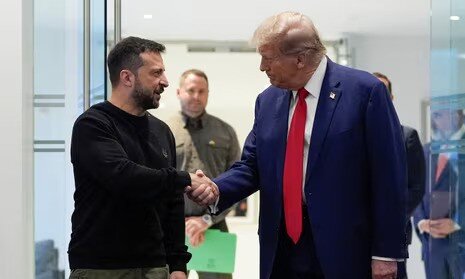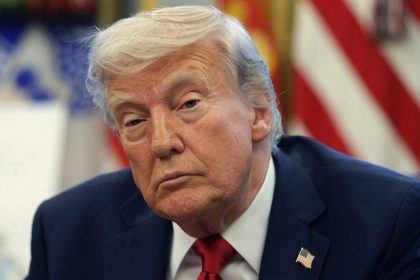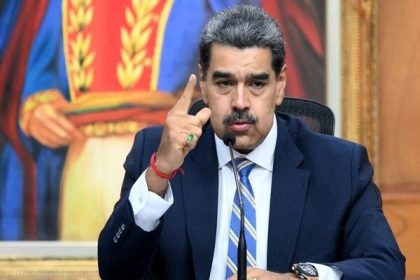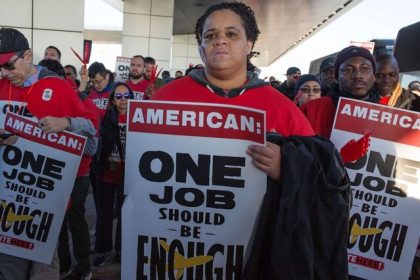Trump’s advisers admitted that the Ukraine peace agreement will take several months
The president-elect’s advisers now admit that a resolution to the war in Ukraine will take months or even longer. This goes against Trump’s biggest foreign policy promise, which he promised on his first day in the White House to reach a peace deal.
According to RCO News Agency, two of the aides of US President-elect Donald Trump, who have discussed the war in Ukraine with the Republican figure, told Reuters that they are considering a timetable of several months to resolve the conflict.
They saw Trump’s promise to resolve the Ukraine crisis on “day one” as a combination of campaign hype and a lack of understanding of the complexity of the conflict and the time needed to form a new administration in Washington.
These assessments are in line with the statements of Trump’s new envoy to Russia and Ukraine, Keith Clague, who said in an interview with Fox News last week that he would like to have a “solution” to the war within 100 days. This is far beyond the original timeline of the US President-elect.
Meanwhile, John Herbst, a former US ambassador to Ukraine who is now at the Atlantic Council think tank in Washington, said: “Even the deadline set by Klag is very, very optimistic.”
“For that to work, Trump has to convince (Russian President) Vladimir Putin that intransigence is a downside,” Herbst said.
On the eve of winning the presidential election on November 5, 2024, Trump claimed dozens and dozens of times that he is able to make an agreement between Ukraine and Russia on the first day of his presidency. He even went further and claimed that the resolution of the Ukrainian war may happen faster than that time!
However, he made a subtle shift in rhetoric in late October, saying he could resolve the war “very quickly.”
Since the election, Trump has backed off his rhetoric, often saying only that he would “resolve” the dispute, without providing a timetable. Also, the US president-elect has said that ending the war in Ukraine will be more difficult than achieving a ceasefire in Gaza.
“I think, actually, the situation with Russia and Ukraine is going to be more difficult,” Trump said at a press conference in December when asked about Gaza. “I find it more difficult.”
Russia has also sent mixed signals about a possible peace deal, welcoming direct talks with Trump while dismissing some of the ideas floated by his advisers as unworkable. Moscow also opposes the establishment of a ceasefire that would lead to the strengthening of Kiev’s armaments.
The Kremlin declined to comment on the Trump team’s updated timeline. Representatives of Trump’s incoming administration and the Ukrainian embassy in Washington did not respond to requests for comment.
John Herbst pointed to comments made earlier this month by Russia’s ambassador to the United Nations, Vasily Nebenzia, who said the peace plans presented by Trump advisers were “nothing interesting.”
While the exact contours of Trump’s peace plan are still being worked out, Trump’s advisers generally support eliminating the possibility of Ukraine joining NATO, at least for the foreseeable future, and keeping the current battle lines in place. Most of Trump’s top advisers also support giving Ukraine real security guarantees, such as establishing a demilitarized zone patrolled by European forces.
end of message
RCO NEWS
RCO

















